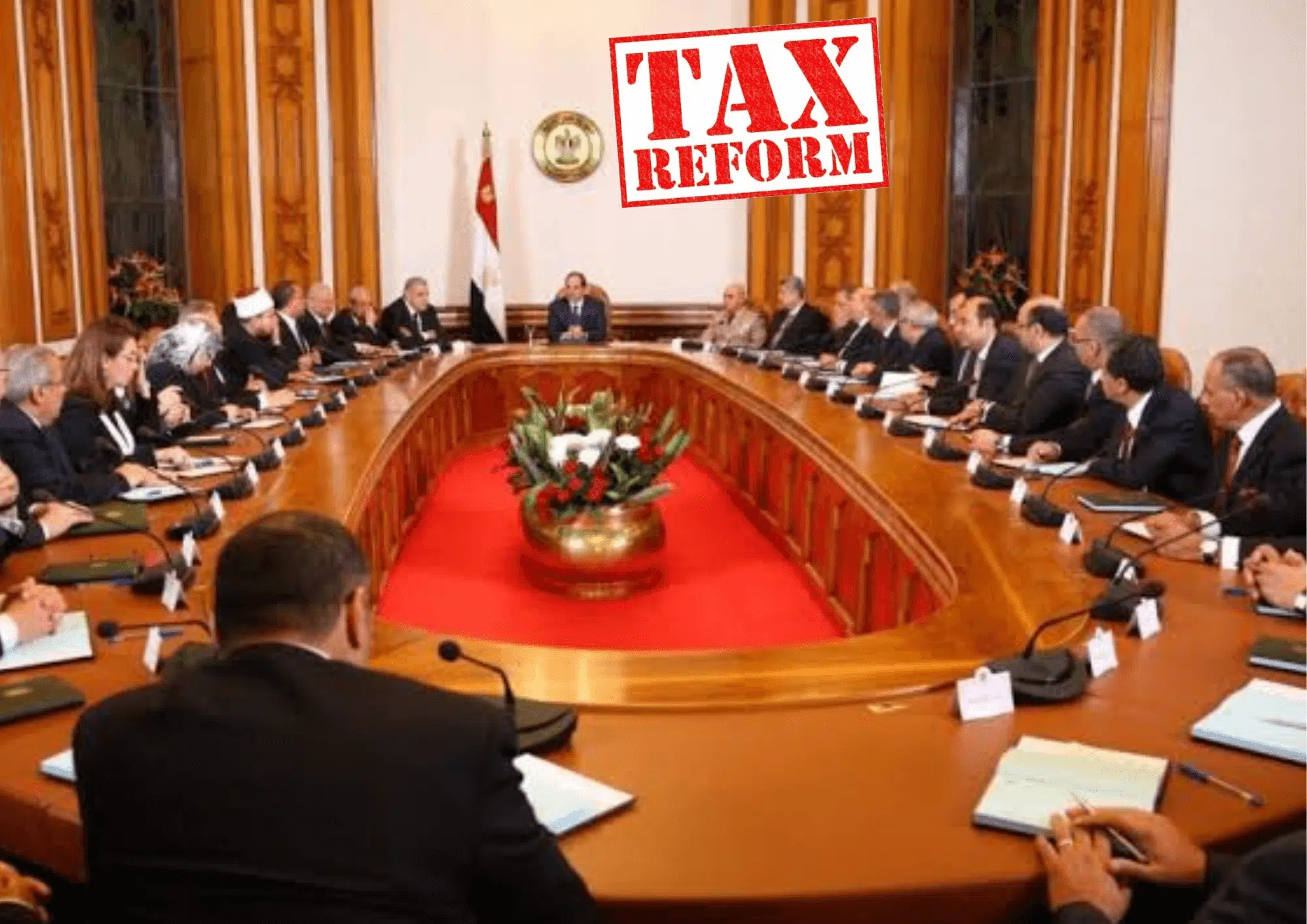Egypt’s newly announced tax reforms signify a clear shift from the challenges of the current tax system, which has long been seen as complicated and burdensome for companies. For years, companies, particularly small and medium-sized enterprises (SMEs) and exporters, have been stuck navigating a tax maze riddled with delays, inefficiencies, and heavy compliance demands.
Now, the government says it’s time for a change and this time, it’s listening.
Take VAT refunds, for instance. Under the current system, companies often wait endlessly for their refunds, leaving them strapped for cash and struggling to keep operations afloat. The new reforms promise a breath of fresh air with faster refunds and double the refund amounts. Think of it as a lifeline for SMEs, giving them the liquidity they need to grow instead of forcing them to battle bureaucracy.
But the government isn’t stopping there. Taxes that once loomed large over businesses like capital gains tax, profit distribution tax, and registration fees are being trimmed or eliminated altogether for SMEs with annual revenues up to EGP 15 million. It’s a welcome relief for small businesses, freeing up resources to reinvest and expand rather than grapple with an overwhelming tax bill.
Exporters are getting their long-overdue moment, too. The old system left them frustrated, with arrears piling up and payments delayed for years. The new approach promises to clear half of these dues in cash over four years, with annual payments of EGP 8 billion. Even better, the remaining arrears can be offset against future taxes, customs duties, and utility payments. That’s money flowing back into their hands quickly and efficiently fueling investment and boosting Egypt’s global trade game.
Industrial companies will also benefit from easier access to financing for production lines, with the government covering interest rate differences to support their growth
And here’s where it gets even better: the dreaded tax audits that used to keep companies up at night will now take a backseat. The government is reintroducing sample-based audits, shifting away from an overly aggressive approach to a more focused and fair one. Add to that the decision to cap tax penalties at the original amount, and it’s clear the government wants to mend fences and rebuild trust with the private sector.
The reformed system is also designed to foster a culture of trust between companies and the tax authorities. Instead of a system based on fear and penalties, the new tax environment is built on transparency, fairness, and cooperation.






